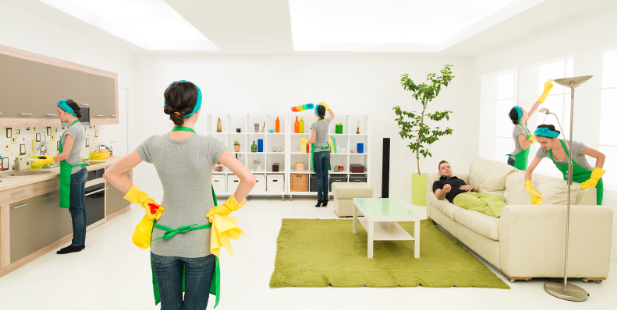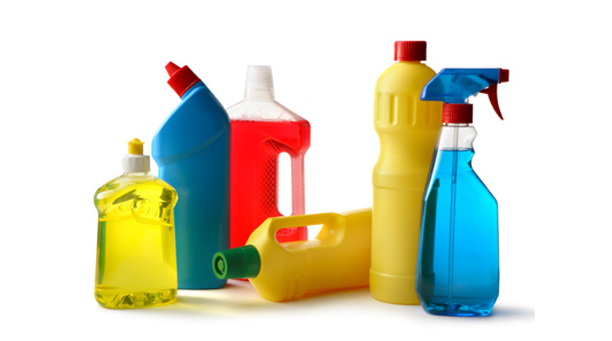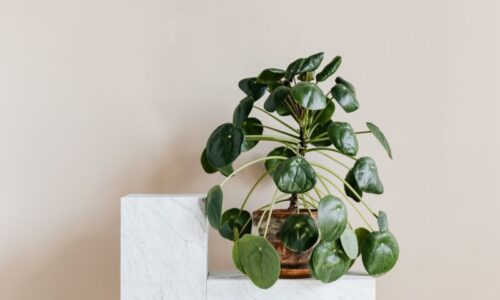
Aside from making your house look good, one of the main reasons why people clean their homes is to keep them safe and germ-free for the family. Good intentions aside, however, there are plenty of ways for people to actually do more harm than good. If you want to contact directly to a commercial cleaning company in Brisbane, visit Extra clean. This can happen when you mix the wrong kinds of cleaning materials together, not following cleaning instructions, or simply not providing the proper ventilation while you clean.
Keep your home clean while maintaining your health with these tips:
1.Never Mix Bleach with Ammonia
Mixing bleach and ammonia is a common mistake done by a lot of people and can be incredibly dangerous. Putting these two together produces toxic chloramine vapors, which cause damage to the respiratory tract when inhaled. Carefully read the labels of any cleaning agents you’re planning on mixing together. If any of them has bleach or ammonia, it’s best to use them separately too prevent throat burns or worse.
2.Ventilate the Area
Prolonged use of certain cleaning products, whether they’re inherently toxic or not, can still cause damage to the lungs. Studies have shown that inhaling fumes from most cleaning agents can cause damage comparable to smoking a cigarette. Even if you don’t use cleaning products daily, it’s still important to keep the room properly ventilated. Keep a window open or invest in some good air filters to keep the place you’re cleaning clear of any fumes.
3.Disinfect Right After Preparing Meat
Cross contamination between different cooking utensils can be a real problem when you’re preparing food. Cutting a piece of meat then using that same knife to cut vegetables without washing it in between can help spread bacteria that has the potential to make you or your family sick. Washing incorrectly is just as bad, since you’ll have to worry about the bacteria being mixed with water, increasing their chances of spreading.
After preparing meat, wash your knives and any other tool that made contact with the meat in hot water and soap. Try to organize your cooking utensils as well. Any utensils used for meat shouldn’t be used for vegetables, for example, and vice versa.
4.Always Clean the Toilet Brush
Because the toilet brush itself is a cleaning implement, many people forget that they make contact with the dirtiest part of the house. Not properly disinfecting the toilet brush can lead to it cross contaminating other surfaces it comes into contact to, or even make any future toilet cleaning endeavors useless, because it will just pass the bacteria on. Use bleach or vinegar to properly disinfect the toilet brush, then allow it to dry before putting it back into storage. Don’t miss the guide on how to fix a running toilet without a ball float.
5.Don’t Stir Up Dust
Whenever you clean a dusty surface, like a bookshelf or a table, try to avoid agitating the dust. Inhaling or ingesting dust particles can cause asthma attacks on people who have them and may even lead to respiratory tract infection. To avoid inhaling dust, wipe the dust with a damp cloth to make sure the dust doesn’t fly off. After wiping the area down, use a new rag to dry everything out.
6.Don’t Use the Same Sponge
Another problem a lot of people tend to forget is that sponges can be a breeding ground for bacteria. While they’re good cleaning tools themselves, try not to use the same type of sponge when cleaning different items. Don’t use the sponge you clean the kitchen counter with to clean the dishes, for example. You can pick up different colored sponges to easily distinguish which ones you use for cleaning which items.

7.Stop using Fragranced Cleaners
Though your favorite cleaner may leave your house smelling like fresh lemons and flowers, that is unfortunately due to the severely toxic chemicals used in producing those cleaners. Studies have shown that 1/3 of Americans suffer from adverse effects caused by fragranced consumer items, which includes scented candles, detergents, deodorants, air fresheners, and of course, cleaners. When choosing a cleaning solution, pick one that doesn’t have any chemical scents to it. You may end up with a less flower-smelling place, but it’s well worth the health bonus.
8.Wear Protective Gear
While you may do as much as you can to keep you and your family safe while cleaning, the one who cleans usually fail to protect themselves when they’re cleaning, which is when they’re making contact with chemicals the most. Don’t forget to wear gloves, masks and even goggles when you clean, especially when cleaning involves the use of some industrial cleaning agents.
Making a cleaner and safer environment for our family can make us feel relaxed and in control, but too much of a good thing can be problematic. Like everything else in life, being educated with what you’re doing is more important than the effort you actually put into cleaning. Know what you’ve been doing wrong, change your habits, and keep your family safer and happier.

